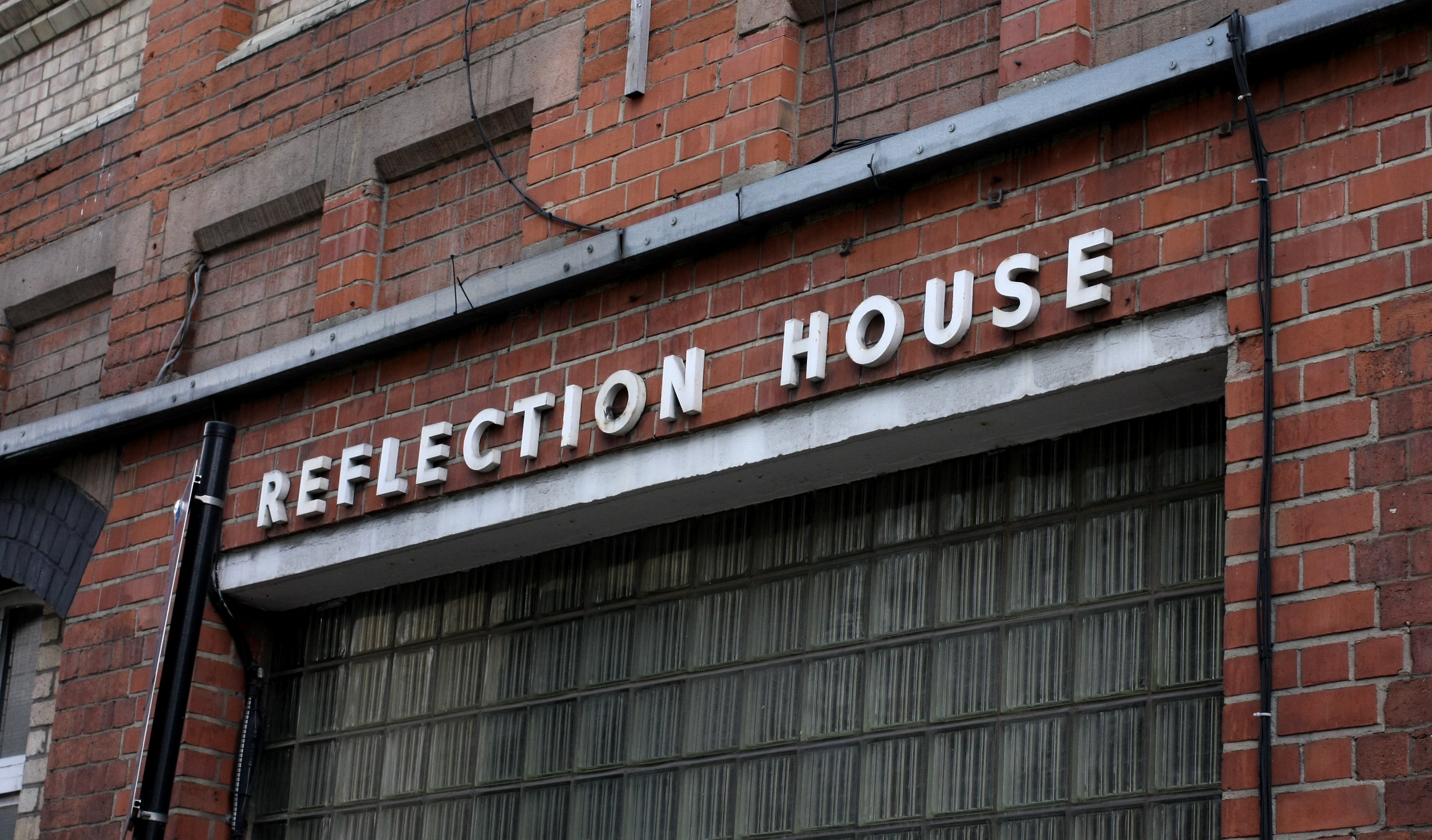I was recently asked by colleagues for some recommended reading on reflective practice in general and critical reflection in particular, and as several people asked me to share this I thought I would do so here.
Reflective practice in general
Schön, D.A. (1983) The reflective practitioner. New York, NY: Basic Books.
A classic text, and one that should be seen in Schön’s context of time, place, and employment. Heavily critiqued and interpreted in the last 30+ years; I’d argue understanding reflection-in-action vs. reflection-on-action remains core to effective reflective practice and that this is still a challenging work when considering professional technical skills for practitioners.
Finlay, L., (2008) Reflecting on reflective practice. Available at: http://oro.open.ac.uk/68945/1/Finlay-%282008%29-Reflecting-on-reflective-practice-PBPL-paper-52.pdf
For me Finlay is the best starting point for a review article on reflective practice. Written for the Open University PBPL CETL (which dates it if you remember CETLs…) but presenting, effectively, a wide-ranging literature review on reflective practice useful to anyone. Very helpful for an overview of different approaches or ways of doing reflective practice.
Bolton, G. (2014) Reflective practice : writing and professional development. 3rd edn. London: Sage.
A useful overview of reflective writing. Its utility to you may depend on your view of the importance of narrative, but worthwhile if you have any intention of writing reflective pieces on your experience.
Brookfield, S. (1994) ‘Tales from the dark side: a phenomenology of adult critical reflection’, International Journal of Lifelong Education, 13 (3) pp.203-216. doi:10.1080/0260137940130303
An interesting exploration of negative aspects (the ‘dark side’) of critical reflection for adult learners. Recommended reading for how to avoid or overcome these issues in practice. Sadly not available OA or free-to-read.
Argyris, C. (1991) ‘Teaching smart people how to learn’, Harvard Business Review, (May/June). Available at: https://hbr.org/1991/05/teaching-smart-people-how-to-learn
On challenges of applying Argyris and Schön’s single-loop vs. double-loop learning to professional practice.
Drucker, P.F. (1999) ‘Managing oneself’, Harvard Business Review, (January). Available at: https://hbr.org/2005/01/managing-oneself
Not pitched as about reflection, but contains useful nuggets on ways of thinking about development. Warning: contains some problematic ideas and sweeping statements.
Critical reflection or critical reflective practice
I take critical reflective practice to mean particularly the ‘two stage’ approach of analysis and deconstruction followed by reconstruction and change developed and articulated in the 2000s by Jan Fook, Fiona Gardner, and Sue White, alongside contributions from many other researchers. Their particular combination of theoretical underpinning and practical method is the one I prefer because it chimes with in with my own values and preferred approach to thinking about professional practice.
These researchers scaffold their approach with four theories, this list is paraphrased in part from Gardner (2014) and Fook and Gardner (2007):
- Reflective practice itself, including an idea of experience or practice knowledge that I would describe as praxis, eg. articulated in Fook and Gardner (2007 p.24), “[R]eflective practice can be seen as a process of researching practice theory, by developing it directly from concrete practice”
- Reflexivity, emphasizing a consciousness of how users perceive themselves and us, and how we perceive ourselves and each other in context as practitioners and researchers
- Postmodernism and deconstruction, in this case particularly emphasizing concerns with attitudes to and influences of power
- Critical social theory, including an emphasis on social justice as a concern
One challenge for us is taking these ideas out of their original context of health and social care and making them applicable to library and information professional practice. Personally, I think this is entirely possible as the idea of praxis implies:
- Applying theory to practice deductively
- Creating theory from practice via inductive formation of knowledge and new theories of practice
My point, is we needn’t wait for someone to write the ‘Critical reflection in library and information science’ textbook but can work on these ideas immediately. 😉
Gardner, F. (2014) Being critically reflective. Basingstoke: Palgrave Macmillan.
Gardner’s is my favoured introduction to critical reflection concepts and methods. It’s written to work for students and both new and experienced practitioners, providing practical examples while referencing more complex texts for underpinning theory, some of which are below.
Fronek, P. (2012) Jan Fook: critical reflection. [Podcast]. Available at: http://www.podsocs.com/podcast/critical-reflection/
Fook, J. (2006) ‘Beyond reflective practice: reworking the “critical” in critical reflection’, Professional Lifelong Learning: beyond reflective practice, Leeds, UK, 3 July. Available at: https://web.archive.org/web/20170424140821/http://medhealth.leeds.ac.uk/download/1404/keynote_janis_fook
This conference keynote and podcast can be combined with Gardner’s book on critical reflection as an overview for ‘core’ reading. Jan Fook’s keynote for a medical education conference includes both the ‘what it is’ explanation and a retheorizing of critical reflection. I really like her summary on p. 14 for the focus on the political aspects:
“In reworking a theory of critical reflection, I would now articulate critical reflection as involving the ability to understand the social dimensions and political functions of experience and meaning making, and the ability to apply this understanding in working in social contexts” (emphasis in original)
The podcast interview is meant as an overview – Jan Fook’s style and enthusiasm are compelling, start here if you are unsure about where to dive in.
White, S., Fook, J., and Gardner, F. (eds.) (2006) Critical reflection in health and social care. Maidenhead: Open University.
Lehmann’s chapter 14 particularly interesting as this links a reflective writing approach to critical reflective practice; the ‘five questions’ she poses are also very useful for unpicking underlying assumptions.
Fook, J. and Gardner, F. (2007) Practicing critical reflection: a resource handbook. Maidenhead: Open University.
Other than Gardner (2014) I think this is the best introduction containing a more detailed explanation of the theory plus a plan for how to carry out practical reflective conversations as a group.
Vince, R. and Reynolds, M. (2002) ‘Organizing reflective practice’, Organization Learning, Knowledge and Capabilities, Copenhagen, Denmark, 28-30 April. Available at: http://www2.warwick.ac.uk/fac/soc/wbs/conf/olkc/archive/olkc3/papers/contribution115.pdf
I include this here as Vince and Reynolds link reflective practice to critical management studies as a way of developing a model moving beyond Schön. Their overall view of ‘collective reflection’ is a useful expansion of, and critique of some limits in Schön’s work.
Ghaye, T. (2005) Developing the reflective healthcare team. Oxford: Blackwell.
Does what it says: the focus is on team-based reflection in healthcare, from a UK context. Much of what is here is generalizable and I think this is a particularly good starting point for managers or leaders looking at ways of developing reflective teamwork.
Critical theory and praxis
A major attraction for me to critical reflection was how Fook, Gardner, and White combine ‘traditional’ reflective practices with critical theory. With that in mind I wanted to include a few suggestions for starting points I think are useful in this area that may help in understanding the above. Lauren’s recommended reading list below includes these and much, much more: everything from critical theory ‘big names’ to specific library and inform recommendations.
Generally I’d also recommend Foucault, but struggle to pick one particular work. If pressed I’d include Discipline and Punish due to the focus on power and how disciplinary mechanisms were extended to the 20th century (Taylorist, Fordist) workplace, and the classic chapter on panopticism. It’s what I’ve recommended to my team as a starting point.
Leckie, G.J., Given, L.M., and Buschman, J. (eds.) (2010) Critical theory for library and information science. Santa Barbara, CA: Libraries Unlimited.
In my opinion the best general introduction to how critical theory can be applied to library and information work.
Freire, P. (1970) Pedagogy of the oppressed. London: Penguin.
A foundational work on praxis and critical pedagogy, quotable and inspiring. Of its time and place (citations include Lenin and Mao) so should be taken as a starting point for developing ideas.
Day, R.E., (2000) ‘Tropes, history, and ethics in professional discourse and information science’, Journal of the American Society for Information Science, 51 (5), pp.469–475. doi:10.1002/(SICI)1097-4571(2000)51:5<469::AID-ASI7>3.0.CO;2-B
Free-to-read preprint available at: https://roday.pages.iu.edu/articles/tropes.pdf
Reading lists from our community
Smith, L. (2014) ‘Radical Librarians Collective (Part Three): Critical Theory’, Lauren Smith, May 16. Available at: https://web.archive.org/web/20160911091351/https://laurensmith.wordpress.com/2014/05/16/radical-librarians-collective-part-three/
This blog post links to Lauren’s critical theory in LIS reading list (Google Doc) but is worth reading for additional background and the wonderful top ‘All-Time Must-Read Critical Theory in LIS texts’ list.



